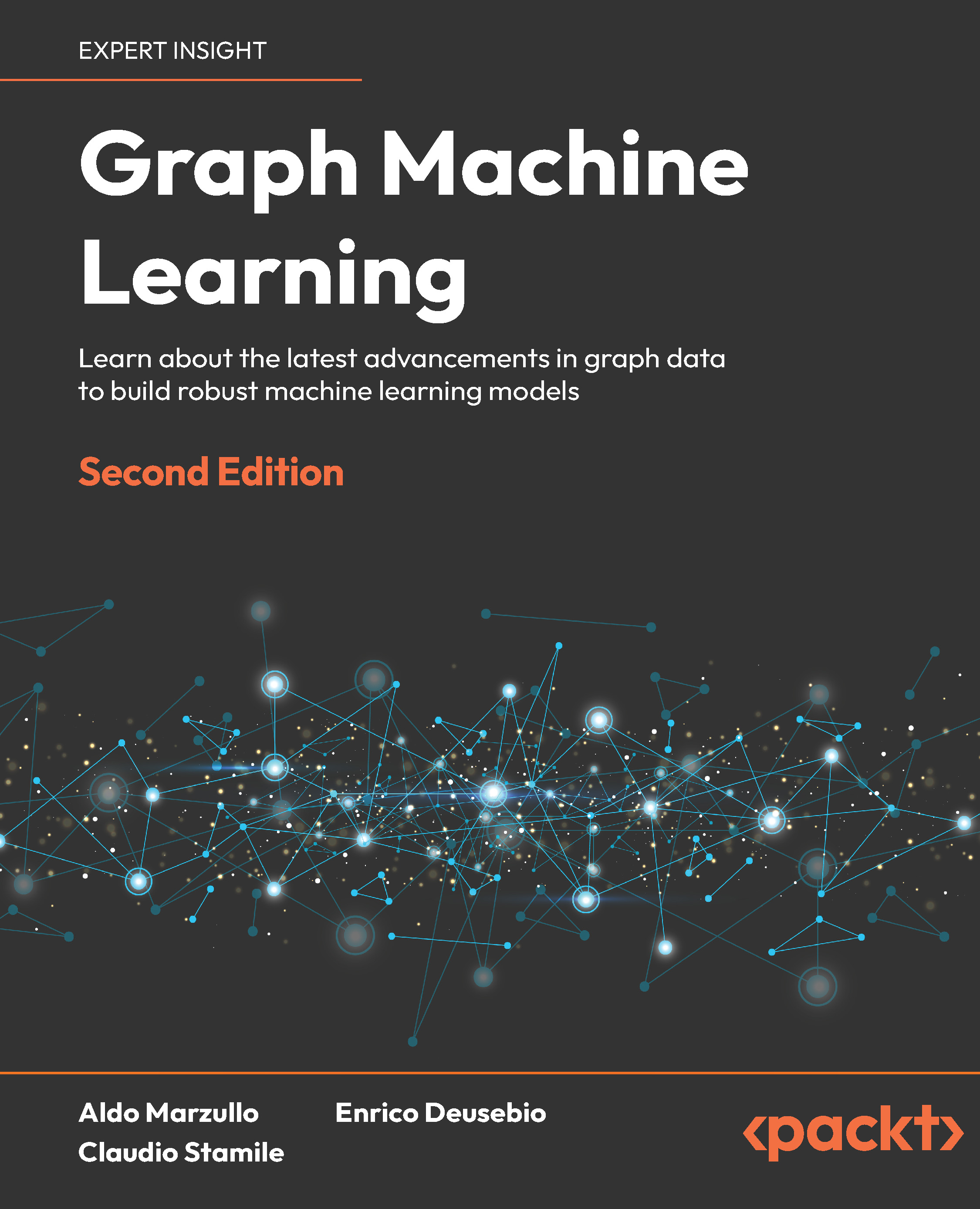Machine learning as a service (MLaaS) is an innovation that is growing out of 2 of the most important tech trends - cloud and machine learning. It's significant because it enhances both. It makes cloud an even more compelling proposition for businesses. That's because cloud typically has three major operations: computing, networking and storage. When you bring machine learning into the picture, the data that cloud stores and processes can be used in radically different ways, solving a range of business problems.
What is machine learning as a service?
Cloud platforms have always competed to be the first or the best to provide new services. This includes platform as a service (PaaS) solutions, infrastructure as a service (IaaS) solutions and software as a service (SaaS) solutions. In essense, cloud providers like AWS and Azure provide sets of software to different things so their customers don't have to.
Machine learning as a service is simply another instance of the services offered by cloud providers. It could include a wide range of features, from data visualization to predictive analytics and natural language processing. It makes running machine learning models easy, effectively automating some of the work that might have typically done manually by a data engineering team.
Here are the biggest cloud providers who offer machine learning as a service:
Every platform provides a different suite of services and features. It will ultimately depend on what's most important to you which one you choose. Let's take a look now at the key differences between these cloud providers' machine learning as a service offerings.
Comparing the leading MLaaS products
Google Cloud AI
Google Cloud Platform has always provided their own services to help businesses grow. They provide modern machine learning services with pre-trained models and a service to generate your own tailored models. Majority of Google applications like Photos (image search), the Google app (voice search), and Inbox (Smart Reply) have been built using the same services that they provide to their users.
Pros:
- Cheaper in comparison to other Cloud providers
- Provides IaaS and PaaS Solutions
Cons:
- Google Prediction API is going to be discontinued (May 1st, 2018)
- Lacks a visual interface
- You'll need to know TensorFlow
Amazon Machine Learning
Amazon Machine Learning provides services for building ML models and generating predictions which help users develop robust, scalable, and cost-effective smart applications. With the help of Amazon Machine Learning you are able to use powerful machine learning technology without having any prior experience in machine learning algorithms and techniques.
Pros:
- Provides versatile automated solutions
- It's accessible - users don't need to be machine learning experts
Unlock access to the largest independent learning library in Tech for FREE!
Get unlimited access to 7500+ expert-authored eBooks and video courses covering every tech area you can think of.
Renews at $19.99/month. Cancel anytime
Cons:
- The more you use, the more expensive it is
Azure Machine Learning Studio
Microsoft Azure provides you with Machine Learning Studio - a simple browser-based, drag-and-drop environment which functions without any kind of coding. You are provided with fully-managed cloud services that enable you to easily build, deploy and share predictive analytics solutions. Here you are also provided with a platform (Gallery) to share and contribute to the community.
Pros:
- Consists of most versatile toolset for MLaaS
- You can contribute to and reuse machine learning solutions from the community
Cons:
- Comparatively expensive
- A lot of manual work is required
Watson Machine Learning
Similar to the above platforms, IBM Watson Machine Learning is a service that helps users to create, train, and deploy self-learning models to integrate predictive capabilities within their applications. This platform provides automated and collaborative workflows to grow intelligent business applications.
Pros:
- Automated workflows
- Data science skills is not necessary
Cons:
- Comparatively limited APIs and services
- Lacks streaming analytics
Selecting the machine learning as a service solution that's right for you
There are so many machine learning as a service solutions out there that it's easy to get confused. The crucial step to take before you make a decision to purchase anything is to plan your business requirements. Think carefully not only about what you want to achieve, but what you already do too. You want your MLaaS solution to easily integrate into the way you currently work. You also don't want it to replicate any work you're currently doing that you're pretty happy with.
It gets repeated so much but it remains as true as it has ever been - make sure your software decisions are fully aligned with your business needs. It's easy to get seduced by the promise of innovative new tools, but without the right alignment they're not going to help you at all.
 United States
United States
 Great Britain
Great Britain
 India
India
 Germany
Germany
 France
France
 Canada
Canada
 Russia
Russia
 Spain
Spain
 Brazil
Brazil
 Australia
Australia
 Singapore
Singapore
 Canary Islands
Canary Islands
 Hungary
Hungary
 Ukraine
Ukraine
 Luxembourg
Luxembourg
 Estonia
Estonia
 Lithuania
Lithuania
 South Korea
South Korea
 Turkey
Turkey
 Switzerland
Switzerland
 Colombia
Colombia
 Taiwan
Taiwan
 Chile
Chile
 Norway
Norway
 Ecuador
Ecuador
 Indonesia
Indonesia
 New Zealand
New Zealand
 Cyprus
Cyprus
 Denmark
Denmark
 Finland
Finland
 Poland
Poland
 Malta
Malta
 Czechia
Czechia
 Austria
Austria
 Sweden
Sweden
 Italy
Italy
 Egypt
Egypt
 Belgium
Belgium
 Portugal
Portugal
 Slovenia
Slovenia
 Ireland
Ireland
 Romania
Romania
 Greece
Greece
 Argentina
Argentina
 Netherlands
Netherlands
 Bulgaria
Bulgaria
 Latvia
Latvia
 South Africa
South Africa
 Malaysia
Malaysia
 Japan
Japan
 Slovakia
Slovakia
 Philippines
Philippines
 Mexico
Mexico
 Thailand
Thailand














